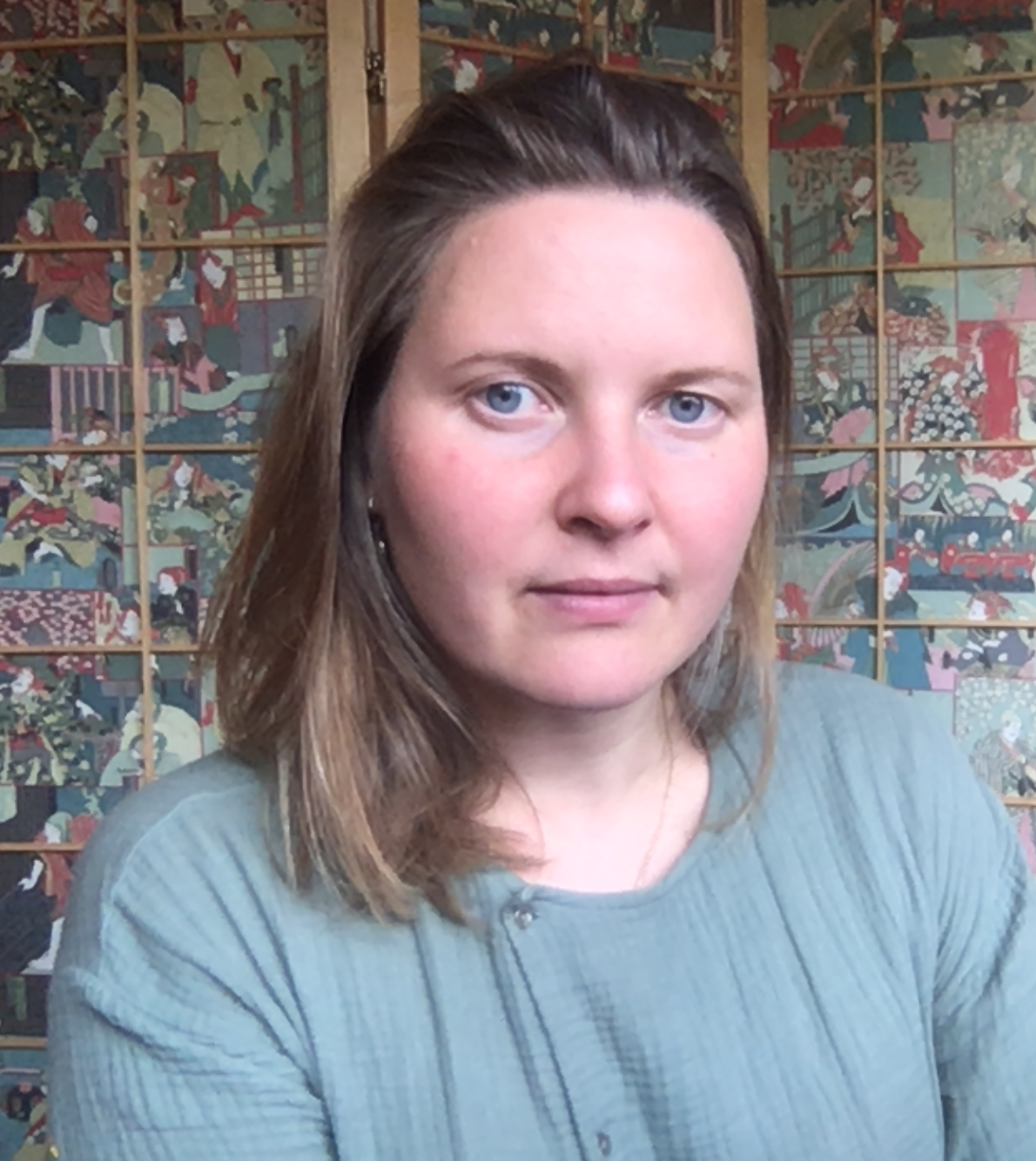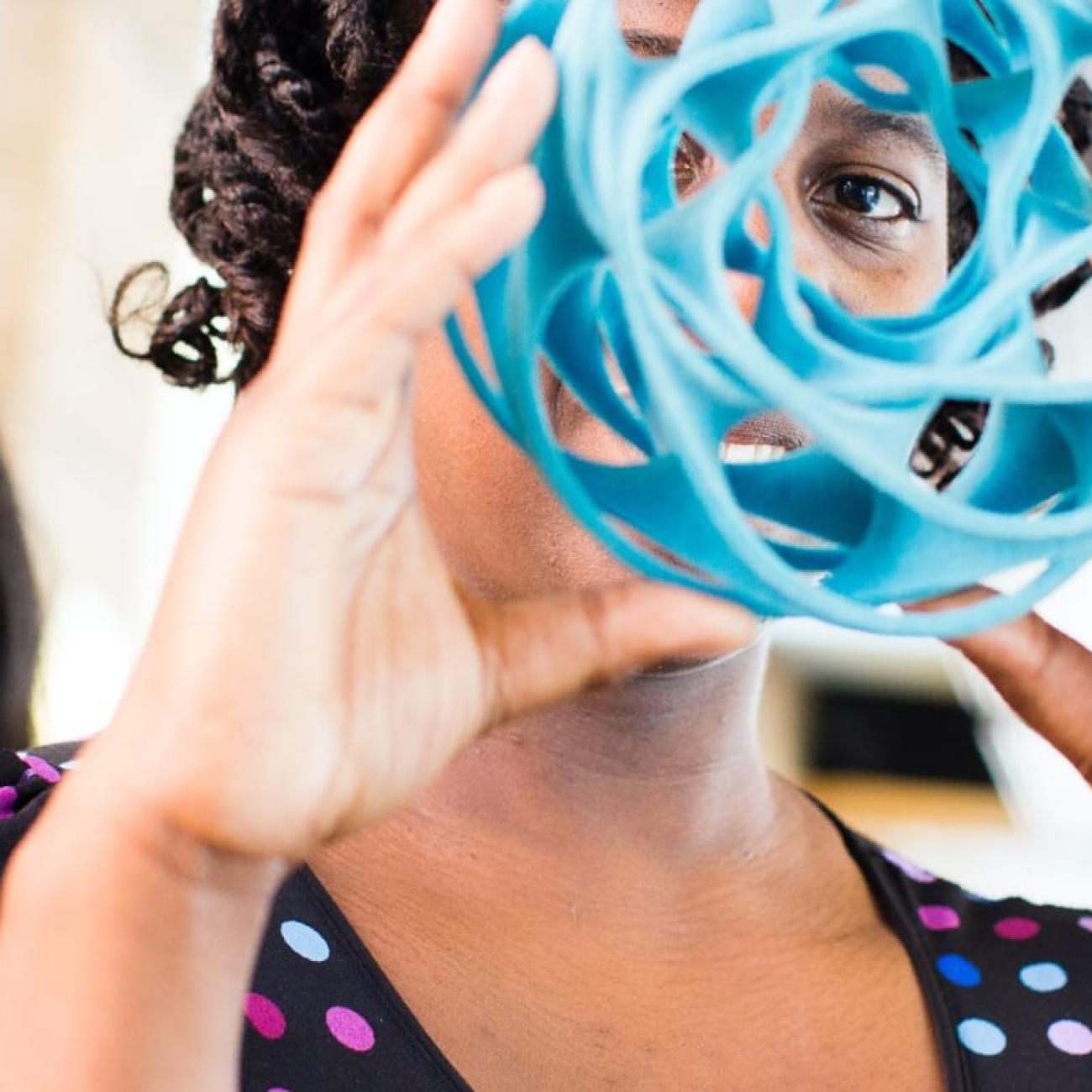
Margarita (Margo) Boeing-Liptsin
UC Berkeley’s Human Context and Ethics (HCE) program prepares students to use the tools of applied historical thinking and Science, Technology, and Society (STS) to engage as knowledgeable, skillful, and responsible citizens and professionals in our datafied world. “Data-driven technologies challenge the fundamental assumptions upon which our societies are built,” explains Margarita (Margo) Boenig-Liptsin, director of the Human Contexts and Ethics program and co-instructor of "Data c104: Human Context and Ethics of Data." “In this time of rapid social and technological change, concepts like agency,’ ‘justice,’ and ‘representation’ are reconstituted, with real consequences for how people live.”
Since a young age, Margo has had an interest in culture, belonging, and social change. At 7 years old, Margo emigrated from Ukraine to Mountain View, CA with her mother. Growing up, she accompanied her mother to the cleanroom of a Santa Clara semiconductor manufacturer where her mother worked evening shifts and to small San Francisco basement theatres, where her father, a theater director, staged plays. She connected these worlds of tech transformation in the 1990s Silicon Valley and artistic exploration of the human condition.
As an undergraduate at Stanford, Margo began to explore the role technology plays in the human condition. "I happened upon an incredible series of 3-hour seminars in moral and political philosophy which the professor connected to present-day life and to questions of nanotechnology, ethics, and democracy. I was the only undergraduate -- a freshman -- in a room full of graduate students. The material was way above my head, but I somehow knew that this was what I needed to make sense of. I remember reading and re-reading texts by Hannah Arendt and Jean-Jacques Rousseau trying to understand them (I still don't feel I do) and would walk back to the dorm afterward completely exhausted and exhilarated that there could be such thinking!"
Margo continued this study of technological cultures and the human in a Ph.D. in History of Science from Harvard University with a Secondary Field in STS and a concurrent degree in Philosophy from the Université Paris 1–Pantéon-Sorbonne. In her dissertation, “Making Citizens of the Information Age: A comparative study of the first computer literacy programs for children in the United States, France, and the Soviet Union, 1970-1990,” she asked: What are the constitutions of the human in the computerized world? She studied what politicians and computer pioneers in the United States, France, and the Soviet Union envisioned the general public, and in particular, children, need to know about computers so that they might become citizens of the anticipated information society at a moment in history when the personal computer was just emerging on the world stage.
After completing herPh.D., Margo moved back to the Bay Area with her husband and toddler son. "All the time on the East Coast, my husband and I knew that we both wanted to return to the Bay Area. It was the place where we felt most at home, our parents were here (and we wanted our kids to grow up with them) and also I believe that there is a deep need for critical thinking about the human and society in the place that produces so much of the technology and dreams of human-technology futures. I wanted to translate what I learned in my studies to the reality of life in the Bay Area." A colleague recommended that Margo contact Professor Cathryn Carson who was developing the Data Science Education Program at Berkeley. Professor Carson wanted to create a human context and ethics course from the ground up and she invited Margo to brainstorm what the course would entail. The result of that collaboration was Hist c184d/STS c104 (Data c104 today), which Professor Carson and Margo taught for the first time in Spring 2018. Margo shares, “I never thought that I would be a teacher, I was always drawn to research, but through teaching Data c104 I learned that teaching and learning alongside undergraduates creates the possibility that something better can happen in the way we work with technology. The new data science major, with the HCE component built-in, is an opportunity to be a part of a social movement to answer the needs of our local community and the world.”
This semester Margo is focused on co-teaching Data c104 with Ari Edmundson and leading a student team in DSEP to integrate HCE curriculum into technical courses. She credits the strength of the HCE team and the incredible collaboration with brilliant students, Ari Edmundson and Cathryn Carson for what HCE is able to achieve., “I’m convinced this is the direction that education needs to go. In order to be an educated citizen coming out of a university like Berkeley, it’s essential to have both technical knowledge and the knowledge of society and the place of technology in it. I think this is what CDSS is amplifying and building -- in even just the name Computing, Data Science, and Society. HCE supports structured thinking about and engagement with "society" across CDSS.”
Margo is inspired as she looks to the future of HCE and the impact it can have at UC Berkeley, Bay Area, and society at large. “We are living in an incredibly challenging time. Our moment reveals that today's dominant ways of building technologies and organizing life with technology without considering history, social structures and questions of power are no longer tenable. If we are to emerge -- and our UC Berkeley students and my own children convince me that we will -- we must make thinking and acting with HCE constitutive to what it means to be a data scientist and computer scientist. In this way, I hope that HCE can serve as a source of renewal and re-imagination of both university education and the Bay Area future”
Margo is not only a lecturer and director of the Human Contexts and Ethics program, she is also a wife and mother to three young sons.

